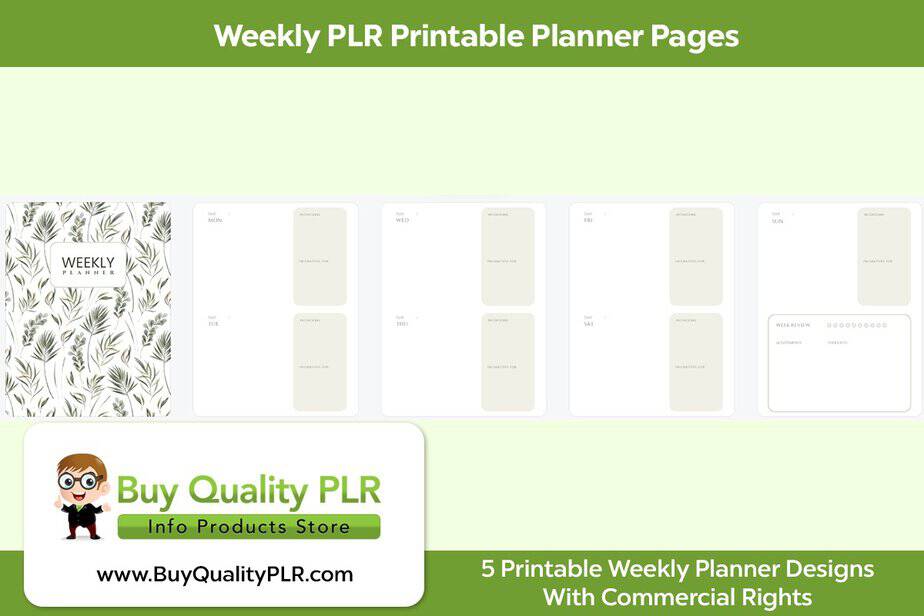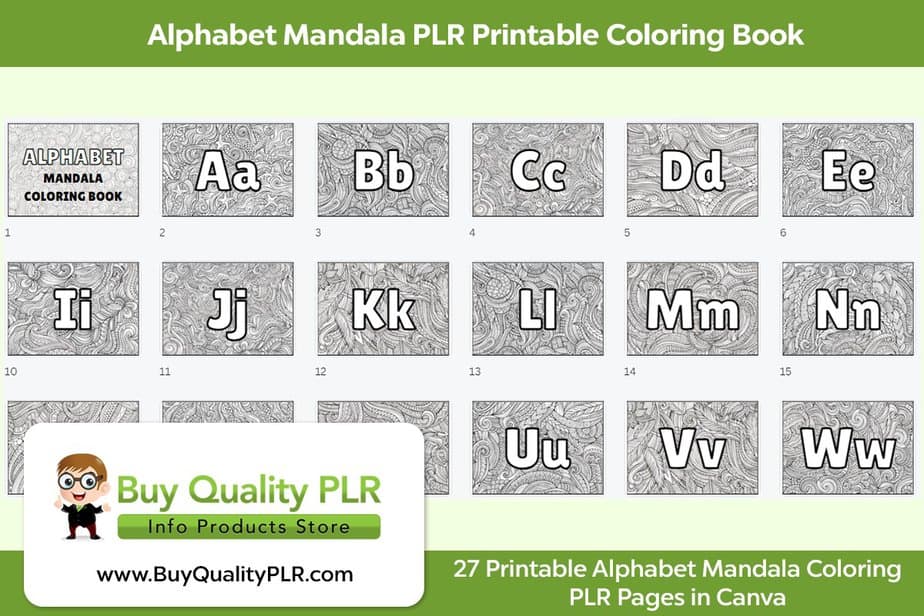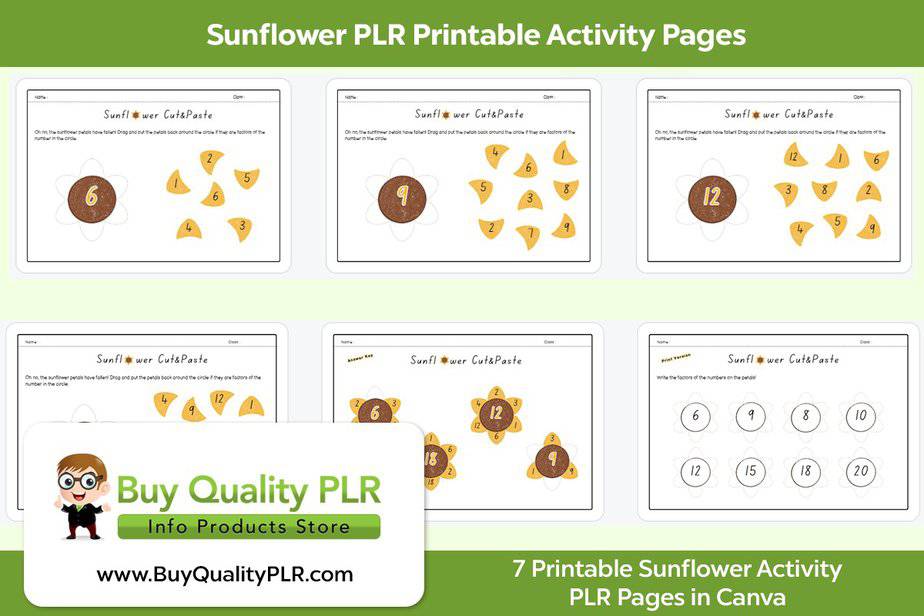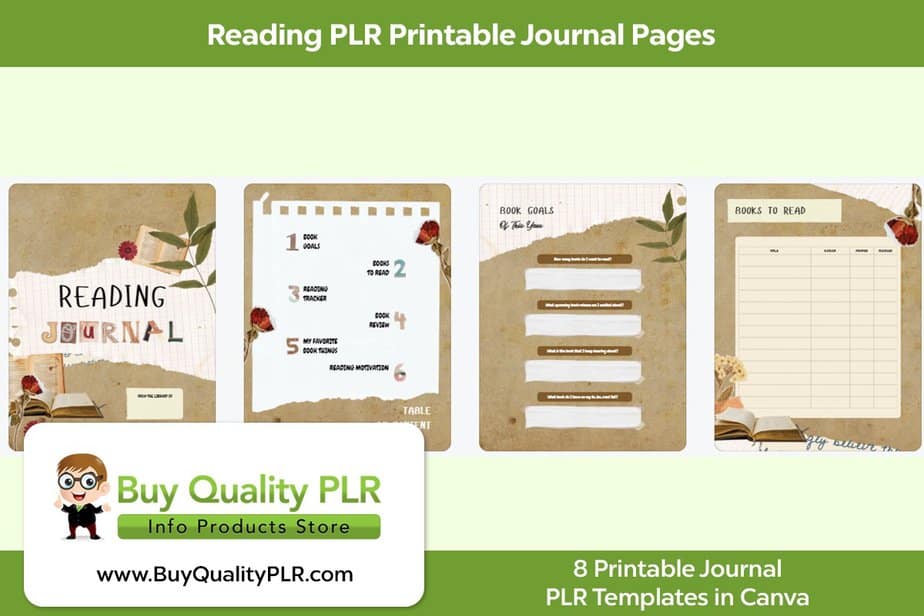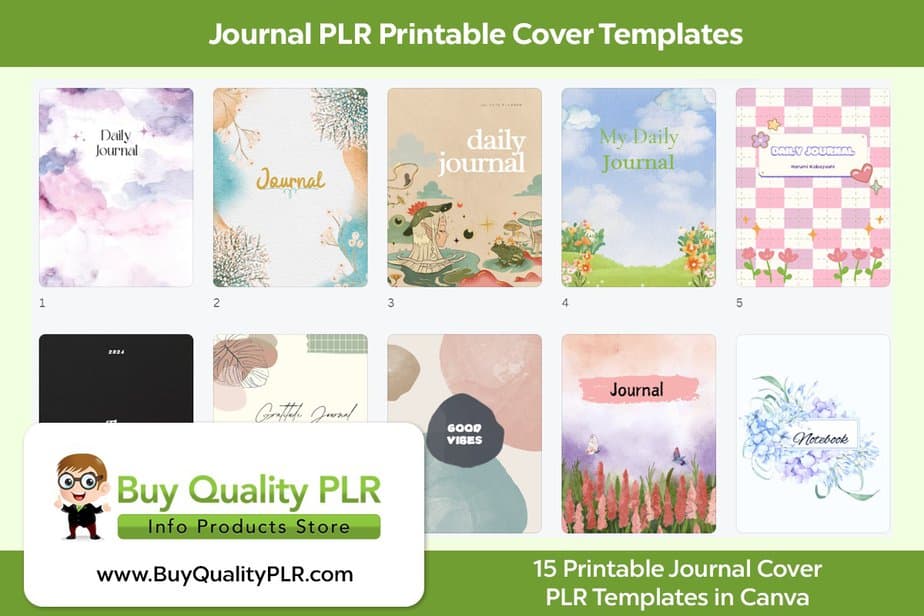
Where to Host Your PLR Products?
in Digital Products, Online Home Business, PLR Content, PLR Marketing Tools, PLR Products, PLR Tools, Private Label Rights, Using PLR#plrhosting #hostplrcontent #digitalproducthosting #plrtips #sellplronline #plrmarketing #contenthosting #plrwebsite #plrstrategies #onlinebusinesstools
The Best Places to Host Your PLR Products: A Comprehensive Digital Product Hosting Guide
In the competitive world of digital marketing, hosting your PLR (Private Label Rights) products effectively is essential for maximizing profits and ensuring smooth operations. This comprehensive guide will explore various hosting options available for PLR products, discuss strategies for selling digital products, and highlight the advantages of using PLR content. Understanding where to host your PLR products will significantly impact your online business success, whether you’re a seasoned marketer or just starting.
The Best Options for PLR Product Hosting

Exploring Digital Product Hosting Services
When you’re dealing with PLR products (Private Label Rights content), choosing the right digital product hosting service is crucial. Whether you’re selling PLR ebooks, video courses, or graphic bundles, finding a reliable and secure platform to host your products ensures seamless delivery to your customers. In this guide, we’ll explore some of the most popular hosting options, including Amazon S3, Google Drive, Dropbox, and pCloud, each with its own unique set of features tailored for different user needs.
1. Amazon S3 (Simple Storage Service)—The Ultimate Solution for Scalability and Reliability
Amazon S3 is a powerful, cloud-based file storage service that offers one of the most reliable hosting solutions for digital products. It is perfect for hosting large files such as PLR video courses or extensive audio libraries, which need both scalability and speed.
Key Benefits of Amazon S3:
Scalability: Amazon S3 can easily accommodate growing amounts of digital content. Whether you’re adding new PLR products regularly or managing large digital libraries, Amazon S3 can scale with your business.
Reliability: With Amazon’s robust infrastructure, your PLR content is hosted on servers with high uptime and fast download speeds, ensuring your customers have a smooth experience.
Security: Amazon S3 provides advanced security features, including encryption and access controls, to protect your valuable PLR content.
2. Google Drive—User-Friendly Storage for Small to Medium Digital Product Sellers
For those who need simple, user-friendly hosting, Google Drive is an excellent choice. This cloud storage service is ideal for storing PLR articles, ebooks, and reports that don’t require the extensive storage capacities that Amazon S3 offers.
Key Benefits of Google Drive:
Easy Sharing and Collaboration: Google Drive allows for quick sharing of your PLR products with customers or affiliates using a link-sharing of your quality PLR content feature. It’s perfect for distributing PLR PDFs, ebooks, and documents without hassle.
Cost-Effective: Google Drive offers a generous amount of free storage (15GB) with affordable upgrade options for businesses that require more space.
Integration with Google Services: If you’re already using tools like Google Docs or Google Sheets for your business, Google Drive integrates seamlessly, making it easy to manage your content.
3. Dropbox—Reliable Hosting with Simplified File Management
Dropbox is another great hosting option for PLR content distribution. Known for its user-friendly interface and easy file-sharing capabilities, Dropbox is ideal for content creators who need a simple yet efficient solution for storing PLR materials.
Key Benefits of Dropbox:
Easy File Management: Dropbox allows for easy file organization through its folder system, making it simple to keep your PLR products neatly arranged and accessible.
Cross-Platform Syncing: Dropbox offers seamless syncing across multiple devices, meaning you can access and manage your PLR products whether you’re on your desktop, tablet, or smartphone.
Collaborative Features: Dropbox makes it easy to collaborate with team members or clients by allowing you to share folders or specific files, which is ideal for providing PLR content as part of a collaborative marketing effort.
4. pCloud—Secure Hosting for Sensitive PLR Products
If security is your top priority when hosting your PLR products, then pCloud should be on your radar. pCloud is a cloud storage service known for its advanced security features and robust privacy policies, making it perfect for hosting sensitive PLR content such as exclusive video tutorials or premium coaching materials.
Key Benefits of pCloud:
End-to-End Encryption: pCloud offers encrypted storage, ensuring your PLR videos, audio courses, and other valuable content are safe from unauthorized access.
Secure File Sharing: You can share your PLR content with clients or customers using secure shareable links, adding an extra layer of protection when distributing sensitive files.
Lifetime Plans: pCloud offers lifetime storage plans, which could be more cost-effective for those looking for long-term hosting solutions.
Choosing the Right Hosting Solution for Your PLR Business
Choosing the best digital product hosting service depends on the size of your PLR catalog, the type of content you’re selling, and your need for security and scalability. Amazon S3 is perfect for large-scale operations, while Google Drive and Dropbox offer simplicity and affordability for smaller content creators. If security is your primary concern, pCloud offers a secure storage solution with its encrypted storage options.
By selecting the right hosting service for your PLR products, you can ensure a smooth, secure, and professional experience for both you and your customers.
Comparing Free PLR Hosting Solutions
For beginners looking to get started with PLR content distribution, free hosting solutions might seem like an attractive option. Platforms like Google Drive and Dropbox offer free accounts that allow you to host a limited amount of digital content without any upfront costs. While these free services are great for testing the waters, it’s important to consider their limitations and potential drawbacks as your PLR product inventory grows.
1. Google Drive—Free Storage with Limited Capacity
Google Drive is one of the most popular free hosting options for digital products, offering 15 GB of free storage. It’s an excellent starting point for hosting smaller PLR products, such as ebooks, reports, or printables.
Key Benefits of Google Drive (Free Plan):
Easy to Use: Google Drive’s interface is simple and intuitive, making it a great choice for beginners.
Fast File Sharing: You can easily share PLR files with customers or affiliates using shareable links.
Integration with Google Tools: If you’re already using Google Docs or other Google services, managing your PLR content on Google Drive is seamless.
Drawbacks:
Storage Limitations: While 15 GB of free storage might seem like a lot, it can quickly fill up, especially if you’re hosting multiple PLR ebooks or larger files like PLR video courses. Additional storage requires upgrading to a paid plan, which may not be ideal for those on a tight budget.
Limited Features: Free Google Drive accounts don’t offer advanced features like enhanced security or advanced file management tools that could be beneficial as your PLR business expands.
2. Dropbox—Another Solid Free Option with Some Restrictions
Dropbox also offers a free plan, which provides access to quality PLR resources. 2 GB of storage. While it’s not as generous as Google Drive, Dropbox is another option worth considering for hosting smaller quantities of PLR content, particularly PLR articles and short reports.
Key Benefits of Dropbox (Free Plan):
Cross-Platform Syncing: Dropbox automatically syncs your files across all devices, allowing you to manage your PLR inventory on the go.
User-Friendly Interface: Dropbox is well-known for its simple, clean interface, making it easy to store and share PLR products.
Collaboration Features: You can easily share PLR content with clients, customers, or affiliates using shared links or by inviting collaborators.
Drawbacks:
Very Limited Storage (2 GB): The free 2 GB of storage may be suitable for basic file storage but is unlikely to meet the needs of growing PLR product inventories. You’ll need to upgrade if you plan to host multiple products.
Lack of Advanced Features: Like Google Drive, the free Dropbox plan has limited features, which may restrict your ability to scale your PLR hosting needs.
3. When Free Hosting Makes Sense and When to Upgrade
You can test your PLR business or host a small collection of PLR content with free hosting solutions like Google Drive and Dropbox. They provide a no-cost way to get started, especially for small product offerings like PLR reports or ebooks.
However, there are clear limitations:
Storage Restrictions: If you’re hosting a growing number of PLR video courses, workshops, or other larger products, the free storage options will quickly become insufficient.
Limited Security and Features: Free accounts typically lack advanced security features, such as data encryption and access controls, which are critical for protecting your digital products as you scale.
Limited Scalability: As your PLR product inventory grows, you’ll likely need more storage space and advanced features to ensure your content is securely hosted and easily accessible to customers.
4. Paid Hosting Solutions: The Better Investment for Long-Term Growth
While free hosting services can be a great starting point, investing in a reliable paid hosting solution will offer significant advantages as your PLR business expands. Amazon S3 and dedicated web hosting platforms provide far greater flexibility, scalability, and advanced features that are essential for a growing PLR store.
Why You Should Upgrade to Paid Hosting:
Scalable Storage: Paid plans like Amazon S3 offer virtually unlimited storage, so you never have to worry about running out of space as your PLR inventory grows.
Advanced Security Features: With paid hosting solutions, you get access to advanced encryption, access controls, and reliable backups, which ensure your PLR products are secure.
Better Performance and Reliability: Paid hosting options provide faster download speeds, better uptime, and improved user experience for your customers.
Paid vs. Free: Which is Better for Hosting PLR Products?
When it comes to hosting your PLR products, deciding between paid and free hosting solutions can be a crucial choice for the success of your business. Each option comes with its own set of advantages and disadvantages, depending on your business goals, budget, and the scale of your operation. In this comparison, we’ll break down the key factors to consider when choosing the best hosting solution for your PLR content.
1. Paid Hosting: The Smart Choice for Growth and Scalability
If you’re serious about building a PLR business and plan to scale in the long run, investing in a paid hosting service is often the best choice. Paid hosting solutions provide a wide range of features designed to help you manage, protect, and grow your digital product offerings. These services offer greater flexibility, security, and performance, making them ideal for entrepreneurs who want to expand their product catalog and customer base.
Key Benefits of Paid Hosting for PLR Products:
Increased Storage Capacity: Paid hosting services often provide unlimited storage or large storage plans, allowing you to host a growing inventory of PLR ebooks, video courses, graphic bundles, and more without worrying about space limitations.
Advanced Security Features: Protect your PLR products from unauthorized access with advanced encryption, secure file sharing, and backup solutions for quality PLR products to create. This is especially important when dealing with high-value content that you plan to sell or distribute.
Better Performance and Speed: Paid hosting services often have faster upload and download speeds, which results in a better user experience for your customers, especially when hosting large files like PLR video courses.
Advanced Analytics and Insights: Gain detailed insights into customer behavior with analytics tools. This can help you optimize your marketing strategies and improve customer retention.
Tools for Managing Membership Sites: If you plan to create a membership site or subscription-based service, paid hosting provides the tools needed to manage user access, payment processing, and content delivery seamlessly.
Popular Paid Hosting Options for PLR Products:
Amazon S3: A powerful, scalable solution for hosting large digital products.
Dedicated Web Hosting: Offers a custom setup tailored to your specific business needs, including unlimited bandwidth and robust security options.
2. Free Hosting: A Great Starting Point for Newbies
For those just starting out in the PLR business or testing the waters, free hosting solutions can be a great way to avoid upfront costs while you establish your niche. These services are ideal for hosting a smaller selection of PLR content or for entrepreneurs who are still figuring out the logistics of selling digital products online.
Key Benefits of Free Hosting for PLR Products:
No Initial Costs: Free hosting services like Google Drive and Dropbox allow you to start hosting PLR content without any upfront costs, making them a great option for beginners who don’t want to invest in paid plans right away.
Easy to Use: Free hosting platforms tend to have user-friendly interfaces, which make it simple to upload and share your PLR products with customers.
Great for Small Inventory: If you only have a handful of PLR reports, ebooks, or checklists to distribute, free hosting can serve you well in the early stages of your business.
Cloud-Based Access: These platforms offer cloud-based storage, allowing you to access and manage your PLR products from any device with an internet connection.
Drawbacks of Free Hosting for PLR Products:
Limited Storage: Free accounts often come with very limited storage space, making them unsuitable for businesses that plan to expand their product offerings over time.
Less Security: Free services may not offer the same level of data protection or file encryption as paid hosting services, which can be a risk when hosting sensitive or valuable PLR content.
Restricted Features: Free plans lack advanced features like analytics tools, custom branding, or membership management, which are essential for businesses looking to scale.
Start Selling PLR Ebooks and Digital Products

Steps to Start Selling PLR Products Effectively
Starting to sell PLR ebooks and digital products requires a strategic approach. First, you need to select high-quality PLR content that resonates with your target audience for effective product creation. Look for PLR articles, courses, and ebooks that provide valuable information and can be easily rebranded. Once you have your PLR products, rebranding them is crucial. This process involves customizing the content to reflect your brand’s voice, adding graphics, and possibly even creating unique templates to distinguish your offerings from others in the market. After rebranding, upload your PLR products to your chosen hosting service, ensuring that they are easy to access for potential buyers.
Using PLR Content for Maximum Profit
To maximize profits from your PLR products, consider bundling various items together, such as PLR lead magnets and PLR autoresponder emails, to create irresistible offers. This approach provides more value to your customers and encourages higher sales. Additionally, implementing effective pricing strategies, such as limited-time offers or discounts for early buyers, can entice customers to purchase your PLR products quickly. Remember to build an email list to keep potential customers engaged and informed about new products and promotions.
Marketing Strategies for PLR Digital Products
Marketing your PLR digital products effectively is crucial for driving sales. Utilizing content marketing strategies can help generate interest and traffic to your products. Create blog posts or social media content that highlights the benefits of your PLR ebooks and courses. Consider hosting workshops or webinars to demonstrate the value of your products, giving potential customers a taste of what they can expect. Additionally, leveraging SEO techniques will improve your visibility online, making it easier for customers to find your PLR offerings through search engines.
The Advantages of Using PLR Articles and Content

Time-Saving Benefits of PLR Content
Using PLR articles and content offers a significant time-saving benefit. Rather than beginning from the beginning, you can utilize pre-existing PLR products to initiate your content creation process. This allows you to focus on other essential aspects of your business, such as marketing and customer engagement. PLR content is particularly beneficial for busy entrepreneurs who may not have the time to create quality content themselves, especially in the realm of internet marketing. By utilizing PLR resources, you can quickly build a library of digital products that cater to your audience’s needs.
How to Rebrand and Resell PLR Articles
Rebranding and reselling PLR articles is a straightforward process that requires creativity and strategic thinking. To rebrand effectively, consider altering the titles, modifying the text, and adding your insights to personalize the content. Integrating your branding elements, such as logos and color schemes, can help create a cohesive look across your PLR products. Once rebranded, you can market these articles as unique offerings, allowing you to tap into new customer segments and increase your visibility in the marketplace.
Creating Unique Products from PLR Resources
Creating unique products from PLR resources is an effective way to differentiate your offerings. By combining various PLR products, such as ebooks, reports, and videos, you can create comprehensive courses or guides tailored to specific niches. This not only enhances the perceived value of your products but also helps establish your authority in your chosen field. Additionally, developing unique templates or tools based on PLR content can provide even more value to your audience and further increase profitability.
Can I Make Money with PLR Products? Here’s How!

Strategies to Make Money with PLR Products
Yes, you can make money with PLR products! Numerous strategies can help you achieve this goal. First, consider leveraging affiliate marketing by promoting PLR products through your email list or social media channels. By partnering with other marketers, you can earn commissions for every sale generated through your referrals. Additionally, creating a subscription-based membership site that offers access to a library of high-quality PLR products can provide a steady income stream.
Leveraging Master Resell Rights for Profit
Master resell rights can significantly enhance your profit potential. With MRR, you can sell PLR products and enable your customers to resell them, thereby creating a mutually beneficial situation. This can expand your market reach as your customers may promote your products to their audiences. By strategically pricing your PLR products and offering bonuses for those who purchase MRR, you can attract more buyers and increase your overall sales.
Building a Brand with PLR Digital Products
Building a brand around your PLR digital products is vital for long-term success. Focus on creating a strong brand identity that reflects your values and resonates with your target audience. Engage with your customers through various channels, such as social media and email marketing, to foster community and loyalty. Additionally, continuously updating your product offerings and ensuring they meet high-quality standards will establish your reputation as a trusted source for PLR content, encouraging repeat purchases and referrals.
Recommended Digital Product Hosting Platforms

Amazon S3: A Reliable Hosting Solution for PLR Products
When it comes to hosting PLR products (Private Label Rights content), Amazon S3 (Simple Storage Service) stands out as one of the most reliable and scalable solutions available. Whether you’re hosting PLR ebooks, video courses, audio content, or digital graphics, Amazon S3 provides the storage capacity, security, and flexibility necessary to manage a growing PLR inventory with ease. In this section, we’ll explore why Amazon S3 is the preferred hosting solution for digital product creators and online entrepreneurs looking to store and distribute their PLR products.
1. Scalability: Perfect for Growing Your PLR Business
One of the most compelling features of Amazon S3 is its scalability. As your PLR business grows and you add more products to your inventory, Amazon S3 allows you to scale your storage needs without any interruptions. Whether you’re hosting your ebook small PLR files like ebooks or large video courses, Amazon S3 can handle it all.
Key Benefits of Amazon S3 Scalability:
Unlimited Storage: With Amazon S3, you only pay for what you use, so there’s no need to worry about running out of space. You can store everything from a handful of PLR reports to a massive library of PLR video courses.
Flexible Pricing: Amazon S3 offers a pay-as-you-go pricing model, meaning you only pay for the storage you need. This is ideal for businesses at any stage, from startups to well-established operations.
2. Top-Tier Security: Safeguarding Your PLR Products
Amazon S3 provides robust security features, making it an excellent choice for anyone serious about protecting their PLR content. Whether you’re offering premium PLR coaching courses or high-value PLR reports, you can trust Amazon S3 to keep your products safe from unauthorized access.
Key Security Features of Amazon S3:
Data Encryption: Amazon S3 offers encryption at rest and in transit, ensuring that your PLR content is secure when stored and while being transferred to customers.
Access Control: With Amazon S3, you can set fine-grained access controls, allowing you to specify exactly who can access your PLR products. You can restrict access to certain files or provide public access as needed.
Compliance Standards: Amazon S3 complies with industry-leading security standards, including ISO certifications, GDPR, and HIPAA, making it a trusted solution for protecting sensitive PLR content.
3. Seamless Integration with Various Platforms
Amazon S3 integrates seamlessly with a wide range of platforms, making it easier than ever to manage, distribute, and sell your PLR products. Whether you’re using eCommerce platforms, membership sites, or email marketing tools, Amazon S3 works well with other services, simplifying the process of running your PLR business.
Key Integration Features of Amazon S3:
Content Delivery Networks (CDNs): Integrate Amazon S3 with CDNs like CloudFront to ensure fast and reliable delivery of your PLR digital products to customers worldwide.
eCommerce Platforms: Whether you’re using Shopify, WooCommerce, or another eCommerce platform, Amazon S3 makes it simple to link your digital products directly to your storefront, allowing for seamless customer downloads.
Email Marketing Tools: Easily integrate with tools like MailChimp or ConvertKit to deliver PLR lead magnets or free PLR products as part of your email marketing campaigns.
4. Ease of Use: Simplified Management of PLR Products
Managing a large library of PLR content can become complicated, but Amazon S3 simplifies the process with an easy-to-use interface and flexible features. Whether you’re a seasoned entrepreneur or just starting out with PLR products, Amazon S3’s intuitive dashboard makes managing your digital inventory straightforward.
Key Benefits of Amazon S3 Usability:
File Organization: Amazon S3 allows you to organize your PLR content in an easy-to-navigate folder system. You can categorize your PLR ebooks, video courses, and other digital products for quick access.
Simple Uploading and Sharing: Uploading PLR files to Amazon S3 is simple, and you can generate shareable links for customers to download their purchases. The platform supports various file formats, including PDFs, MP4 videos, and audio files, making it versatile for all types of digital products.
5. Cost-Effectiveness: Pay Only for What You Need
While Amazon S3 is a paid hosting service, it offers a cost-effective pricing model that is especially beneficial for small businesses or entrepreneurs starting their PLR business. You only pay for the storage you use, and Amazon provides free tier options with up to 5GB of storage to help you get started without any upfront costs.
Cost Benefits of Amazon S3:
Affordable Pricing: With a flexible pricing model, Amazon S3 allows you to adjust your costs based on your storage and usage needs. For a growing PLR business, this ensures that your hosting costs remain scalable and manageable.
No Hidden Fees: Unlike some other services, Amazon S3 is transparent about its pricing. There are no hidden costs, and you can track your storage usage and expenses easily.
Why Amazon S3 is the Right Choice for Hosting PLR Products
Whether you’re starting with a small inventory of PLR reports or expanding into full PLR video courses, Amazon S3 is a robust and reliable hosting solution. With its scalability, advanced security features, seamless integrations, and cost-effective pricing, Amazon S3 is a perfect fit for any PLR business looking to grow and succeed in the digital marketplace.
If you’re serious about managing and distributing PLR content, Amazon S3 provides the infrastructure and features needed to build a secure, efficient, and scalable online business.
Google Drive vs. Dropbox for Hosting PLR Content
When it comes to hosting PLR content (Private Label Rights products) like ebooks, checklists, and articles, Google Drive and Dropbox are two of the most popular options available. Both platforms offer unique advantages, depending on your business needs and how you manage your digital products. In this comparison, we’ll explore the key features of both services and help you decide which one is the best fit for hosting your PLR content.
1. Google Drive: Seamless Integration with Google Services
Google Drive is a cloud-based storage service that provides users with 15 GB of free storage and the ability to easily collaborate and share PLR content. The platform’s integration with other Google services makes it an ideal choice for entrepreneurs who rely on Google’s suite of tools for managing their business.
Key Benefits of Google Drive for Hosting PLR Products:
Google Suite Integration: If you’re already using Google Docs, Google Sheets, or Google Slides for your business, Google Drive provides an easy and seamless way to store and access your PLR files. You can quickly turn your PLR content into products to create PLR ebooks or articles into Google Docs for easy editing or collaboration.
Simple File Sharing: Google Drive makes it easy to share your PLR products with customers, partners, or team members via shareable links. You can control access by selecting whether others can view, comment, or edit the files.
Collaboration Features: If you work with a team or collaborate with others to update and improve your PLR content, Google Drive allows real-time editing and commenting, streamlining the workflow for creating and updating PLR products.
Generous Free Storage: With 15 GB of free storage, Google Drive is a great option for small to medium-sized collections of PLR articles, reports, and other documents.
Drawbacks:
Limited Storage for Larger Files: While 15 GB is sufficient for most PLR ebooks and articles, larger files like PLR video courses may quickly eat up your free storage. Upgrading to a paid plan can get expensive if you need more space.
Basic Security Features: While Google Drive offers decent file protection, it may not provide the level of security needed for hosting high-value or exclusive PLR products compared to more specialized hosting platforms.
2. Dropbox: Excellent for File Syncing and Sharing
Dropbox is another well-known cloud storage platform, particularly praised for its file syncing and file-sharing capabilities. It provides 2 GB of free storage with the option to upgrade to larger plans, making it ideal for users who need reliable syncing across multiple devices and easy sharing options for their PLR content.
Key Benefits of Dropbox for Hosting PLR Products:
Superior File Syncing: One of Dropbox’s standout features is its file syncing ability. If you need to update your PLR materials regularly, Dropbox automatically syncs changes across all devices, ensuring that your PLR content is up to date everywhere.
Cross-Platform Accessibility: Dropbox syncs your PLR products across devices, whether you’re on a desktop, tablet, or mobile device, ensuring you have access to your digital products no matter where you are.
Seamless File Sharing: Dropbox’s sharing capabilities are top-notch. You can easily create shareable links for customers to download their PLR products instantly. Additionally, Dropbox allows for folder sharing, which is useful if you want to provide customers with a set of PLR resources at once.
Version Control: Dropbox’s version control feature keeps track of changes made to your PLR content, ensuring that if you need to revert to a previous version, you can do so easily.
Drawbacks:
Limited Free Storage (2 GB): While Dropbox is excellent for syncing and sharing, the 2 GB free plan is fairly restrictive, especially if you have a larger library of PLR products. You’ll need to upgrade to a paid plan to store multiple PLR video courses or larger files.
Higher Costs for Larger Storage: Upgrading to a larger plan can get expensive if you need more storage for your growing PLR inventory.
Choosing the Right File Hosting for Your Digital Products
Selecting the right file hosting solution for your digital products is essential to the success of your PLR business. Whether you’re hosting PLR ebooks, video courses, audio products, or graphic bundles, choosing the right platform can affect everything from storage capacity to customer experience. In this guide, we’ll discuss important factors to consider when choosing a file hosting service and explore popular options like Mega, OneDrive, and specialized web hosting services for digital product entrepreneurs.
Key Factors to Consider When Choosing a File Hosting Service
When evaluating file hosting platforms for your digital products, there are several important factors to keep in mind:
Storage Needs: Depending on the size and volume of your PLR products, you’ll need to choose a hosting solution that offers the right amount of storage. Platforms with scalable storage options will give you the flexibility to grow your inventory without running into storage limits.
Budget: Some hosting solutions offer free plans with limited storage, while others require a paid subscription for larger storage and advanced features. Choose a platform that fits within your budget while meeting your long-term needs.
Types of Products: Consider the types of PLR content you’re selling. If you have large video courses or audio files, you’ll need a platform that can handle these larger files and provide fast download speeds for your customers.
Security Features: Security is essential for protecting your PLR content. Look for platforms that offer encryption, backup solutions, and access control features to prevent unauthorized access to your digital products.
Ease of Use: A user-friendly interface makes it easier for you to manage your files and for your customers to download their purchases. Platforms with simple dashboards, file organization tools, and easy sharing options will save you time and effort.
Customer Support: Excellent customer support is crucial, especially if you encounter technical issues or need help with file management. Look for a platform that provides responsive customer service.
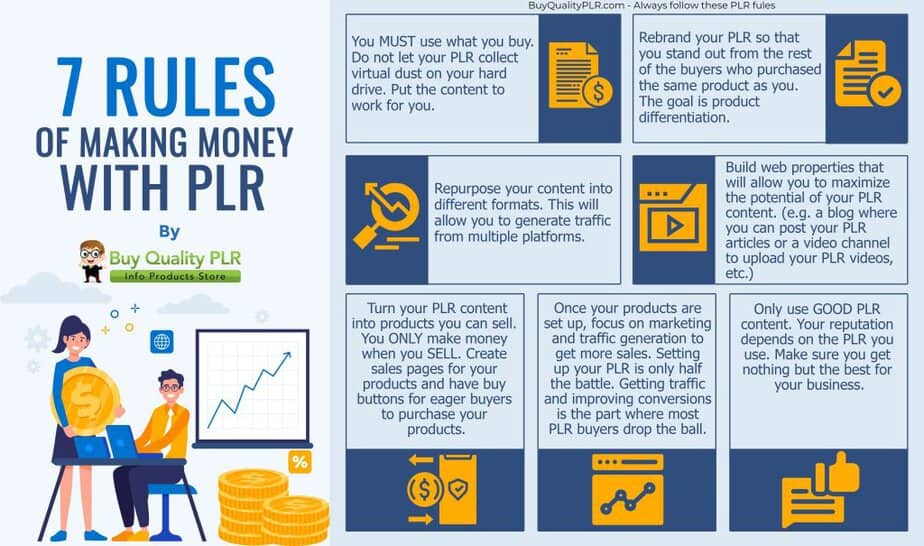
Frequently Asked Questions
Q: What are the best web hosting options for PLR products?
A: The best web hosting options for PLR products include platforms like WordPress, which allows for easy management of digital PLR products, and specialized file hosting for digital products that can handle large volumes of downloads.
Q: How can I save time when hosting my digital PLR products?
A: You can save time by using automated systems for product delivery, such as plugins for your WordPress site that manage sales and access to your digital PLR products, as well as utilizing PLR sales funnels to streamline the marketing process.
Q: Are there free products available for hosting PLR content?
A: Yes, there are free products available, such as free website builders and cloud storage options that can be used to host smaller PLR products, although they may have limitations compared to paid services.
Q: What types of PLR products can I create and sell?
A: You can create and sell a variety of PLR products, including ebooks, software products, PLR workshops, and PLR checklists, which provide valuable content that can be leveraged in your content marketing strategy.
Q: How do I ensure the quality of the PLR products I choose?
A: To ensure quality, look for reputable PLR websites that offer a selection of the best PLR products available, and check for reviews or testimonials about the products’ effectiveness and quality.
Q: What is the difference between master resale rights and private label rights?
A: Master resale rights (MRR) allow you to resell the product while also granting resale rights to your customers, whereas private label rights (PLR) allow you to modify and brand the product as your own.
Q: Can I use PLR products to build my online business?
A: Absolutely! PLR products offer an excellent foundation for establishing your online business, enabling you to generate valuable content swiftly and effectively without having to start from the beginning.
Q: What are some of the best ways to market my digital PLR products?
A: Some of the best ways to market your digital PLR products include using social media marketing, email marketing campaigns, and creating sales funnels that highlight the benefits of your PLR offerings.
Q: How can I convert my PLR product into physical formats like CDs?
A: You can convert your PLR product into CDs by using CD burning software to create physical copies, which can then be marketed as bundled products or used as promotional items for your digital PLR products.
Q: What Should I Look for in a Hosting Solution for My PLR Products?
A: When selecting a hosting solution for your PLR products, consider the following key factors:
Storage Capacity: Make sure the hosting platform offers sufficient storage to accommodate your growing PLR inventory.
Security Features: Choose a hosting service that offers encryption, backup options, and access controls to protect your content.
Scalability: Opt for a platform that can grow with your business as you add more products.
Ease of Use: The platform should have an intuitive dashboard and file management tools to make organizing and sharing your PLR products easy.
Customer Support: Responsive customer support is crucial, especially if you encounter any issues with product delivery.
Q: Can I Use Free Hosting Services for My PLR Products?
A: Yes, you can use free hosting services like Google Drive or Dropbox for small volumes of PLR content. These platforms provide basic storage and sharing capabilities, making them an excellent option for beginners or entrepreneurs venturing into new ventures. However, they come with storage limitations, and as your inventory grows, you may need to upgrade to a paid plan or opt for more specialized hosting solutions.
Q: What are the Advantages of Using Paid Hosting for PLR Products?
A: Paid hosting services offer a variety of advantages, especially as your PLR business grows:
Unlimited or Scalable Storage: Paid plans typically offer more storage space, allowing you to host large volumes of digital products without worrying about storage limits.
Advanced Security: Paid hosting services often come with advanced encryption, backup options, and access control to keep your PLR content secure.
Better Performance and Speed: Paid hosting generally provides faster upload and download speeds, ensuring a smooth experience for your customers.
Support for Large Files: Paid hosting can easily handle large files like PLR video courses or high-resolution graphics, which free services might struggle with.
Q: Can I Host Both Digital Products and PLR Content on the Same Platform?
A: Yes, most hosting services support a wide variety of digital products, including PLR content, ebooks, audio files, video courses, and graphic bundles. Whether you’re using cloud storage platforms like Google Drive, Dropbox, or specialized web hosting services, you can organize and store different types of PLR products in separate folders for easy management.







